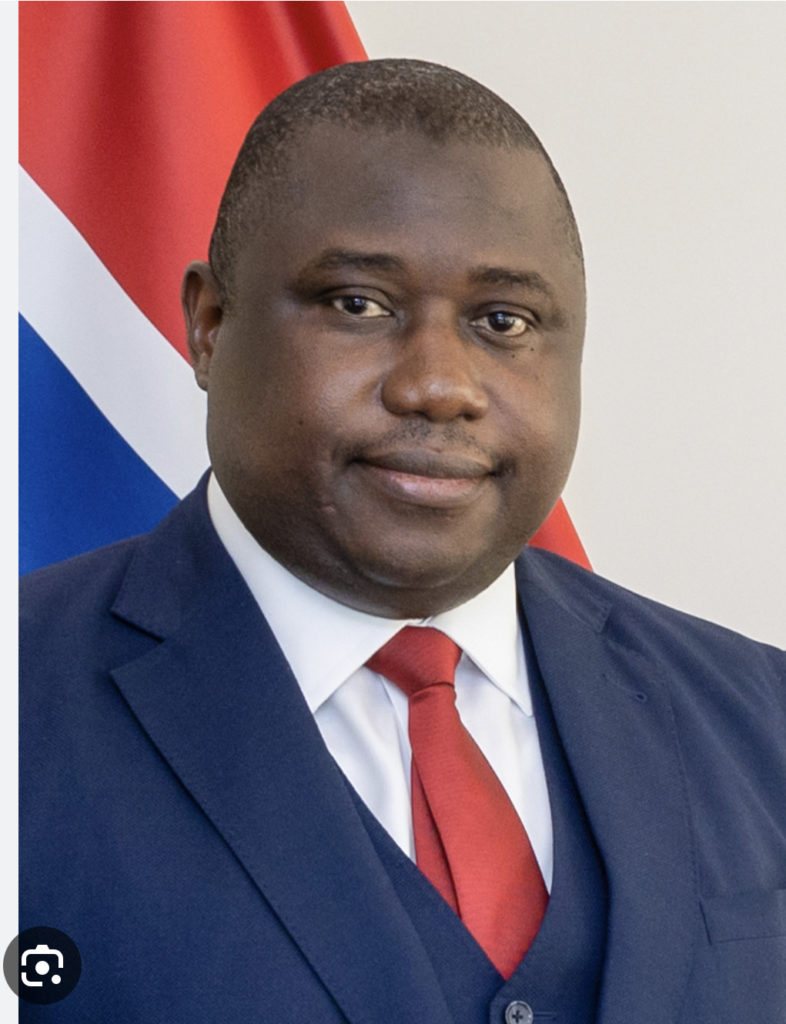
By Ramatoulie Jawo
Dawda A. Jallow, the Attorney General and Minister of Justice, addressed the National Assembly, affirming that the 1997 Constitution’s Section 82 grants the president the authority to pardon inmates.
Minister Jallow’s statement came in response to Honorable Assan Touray of Bakau, who inquired about the logic behind presidential pardons for serious offenders, such as those convicted of rape and murder, while prisoners with lesser offenses remain incarcerated.
“Honorable Speaker, Section 82 of the 1997 Constitution gives the president the power to pardon prisoners regardless of the offense committed. Over the years, prisoners who committed capital offenses, including rape, were not considered for pardon. However, in 2023, the prerogative of mercy committee considered pardoning prisoners by imposing guidelines and conditions upon which prisoners may be pardoned. These include pardoning prisoners that have no pending appeal, have served a minimum of 10 years in prison, and have good behavior during the period,” he said.
The minister emphasized that the committee also sought and obtained the consent of victims or their families before any release.In response to Honorable Touray’s inquiry about pardoning convicts of severe crimes, Minister Jallow reiterated that the Gambian Constitution entrusts the president with unrestricted powers to grant pardons. Saying, “So, that’s what I know; that is the constitutional prerogative given to the president.”
The honorable member inquired of the minister, who serves as the advisor to the president, about the minister’s stance when the president undertakes legal actions. Specifically, the member sought clarification on how the minister would advise the president regarding the potential rescinding of decisions made within the bounds of legality.
In response, the minister emphasized the supremacy of the constitution, stating unequivocally that he cannot offer advice that contradicts the provisions of the country’s constitution. Honorable Muhammed Kanteh of Busumbala asked if the committee consulted with the victims’ families. The minister confirmed that the Department of Social Welfare is tasked with this and reports back to the committee.
“They have contacted the victims or the victims families prior to release. Where we believe some of the offenses are serious, we make sure that the victims families are consulted, and this report is submitted to the committee before we advise the President,” he told the members.
Banjul South’s representative, Fatoumatta Touma Njie, urged the minister to furnish parliament with a roster of convicts granted clemency, enabling them to verify whether the stated ten-year term had been served.
In response, the minister disclosed that the released prisoners’ names are published in the gazette and emphasized that none had served less than the mandated ten-year sentence.
Furthermore, he noted that certain individuals were released based on medical assessments indicating their health conditions had deteriorated to the extent that continued imprisonment was no longer viable.
